How Do I Effectively Prepare for Mediation?

In most divorce cases, mediation is a critically important step that can help you make notable progress (even if you don’t reach a settlement right away, but more about that later). First,
Mediation, as defined by the American Bar Association (ABA), “gives people a quick, inexpensive way to work out their differences while addressing everyone’s needs and interests. Decisions reached in mediation are created by the people who are in conflict, not imposed on them by a judge.” That last clause, not imposed on them by a judge, is what makes mediation such a valuable tool.
In mediation, a neutral third party – a mediator – helps the parties to reach agreement on key issues that might include asset division, the parenting plan, and support arrangements. Unlike a judge in a courtroom, the mediator does not make decisions, but rather, guides discussions and helps both parties communicate constructively. The parties have time, support, and encouragement to find and suggest solutions, and none are imposed on them. Instead, it is a much more collaborative process that supports creative options beyond what a court, with limited time and understanding of the case, would be able to offer.
The ABA adds that mediation also:
-
Encourages direct communication between the parties
-
Helps people decide for themselves
-
Allows for the expression of emotions
-
Defuses anger
-
Explores creative means of solving problems
-
Promotes cooperation
-
Preserves the strengths of an ongoing relationship
-
Helps people accept the consequences of their own decisions
-
Develops a model for resolution of future conflicts
According to Laura Landon, Licensed Legal Paraprofessional at Cox, Baker Page & Bailey, LLC, “mediation has the potential to eliminate many of the detriments of family law litigation – the tremendous expense, the time spent waiting for your day in court, and the emotional toll of that delay and uncertainty. The judge, while well-meaning, has very little time to ascertain all the relevant information to make a decision about the future of your family. Clients are encouraged to make the very most of mediation – and perhaps be open to more than one attempt – as it is your best option for staying in the driver’s seat as to the outcome of your case.”
How to Make Your Mediation Matter
Mediation, like anything else you want to be successful, requires preparation. Here’s what that should include:
1. Set Clear Goals and Priorities
I like to work with clients to develop three scenarios: the home run; the yes, I can live with this and be happy, and finally, it’s ok. Note that I don’t have a scenario where you are not ok – in that case, you probably aren’t reaching an agreement. It takes time and effort to think through the pros and cons of each of these and should be done well in advance of mediation. Be specific about what these scenarios include. Are you most concerned about securing a stable financial future? Do you want to ensure a fair parenting plan that prioritizes your children’s well-being? By identifying your key priorities, you can focus your negotiations on what truly matters rather than getting caught up in minor disputes.
2. Make a List of Your Must-Haves, Would-Like-to-Haves, and Areas for Flexibility
This will help you enter mediation with a clear framework for compromise while still advocating for your needs.
3. Have Your Financial Documents Ready
Have your financial documents and the marital balance sheet accessible, and be familiar with everything so you understand the scenarios you’re working toward.
4. Anticipate Your Spouse’s Perspective
Mediation requires cooperation, and understanding your spouse’s concerns can help facilitate productive discussions. Try to anticipate their priorities, potential sticking points, and areas where they may be willing to compromise. By considering their perspective, you can strategize more effectively and increase the likelihood of finding common ground.
5. Prioritize the Kids
This goes beyond a reasonable and kid-focused parenting plan, though that should always be an area of focus. It also includes setting a tone of cooperation and minimizing conflict in all areas so you can develop a new relationship with your co-parent that’s focused on the kids, not on each other.
6. Prepare for Multiple Sessions
Not all mediations are resolved in a single session. Depending on the complexity of your situation, you may need multiple meetings to reach an agreement. Be patient and approach each session with a fresh perspective. Even if progress seems slow, remember that a couple of mediation sessions will still produce more amicable and durable agreements compared to court-imposed decisions.
7. Allow Extra Time for Preparation
You may need more prep time than your lawyer (if you’re using one) has available. Talk with them about strategy and consider working with a divorce coach or the paralegal on your case so you are comfortable and clear going into your session. As a divorce coach, I also attend many mediations with clients to offer emotional support and another perspective. Set yourself up with the team that will help you make good decisions and keep things productive.
Be Open to Creative Solutions
Let the mediator know you’re there to make progress and willing to hear new ideas in the interest of a fair settlement. Use thoughtful preparation, clear goals, effective communication, and the right mindset to make your mediation a valuable step toward the next chapter of your life.
Want expert guidance to navigate your mediation successfully? Schedule a consultation with Andra today.
